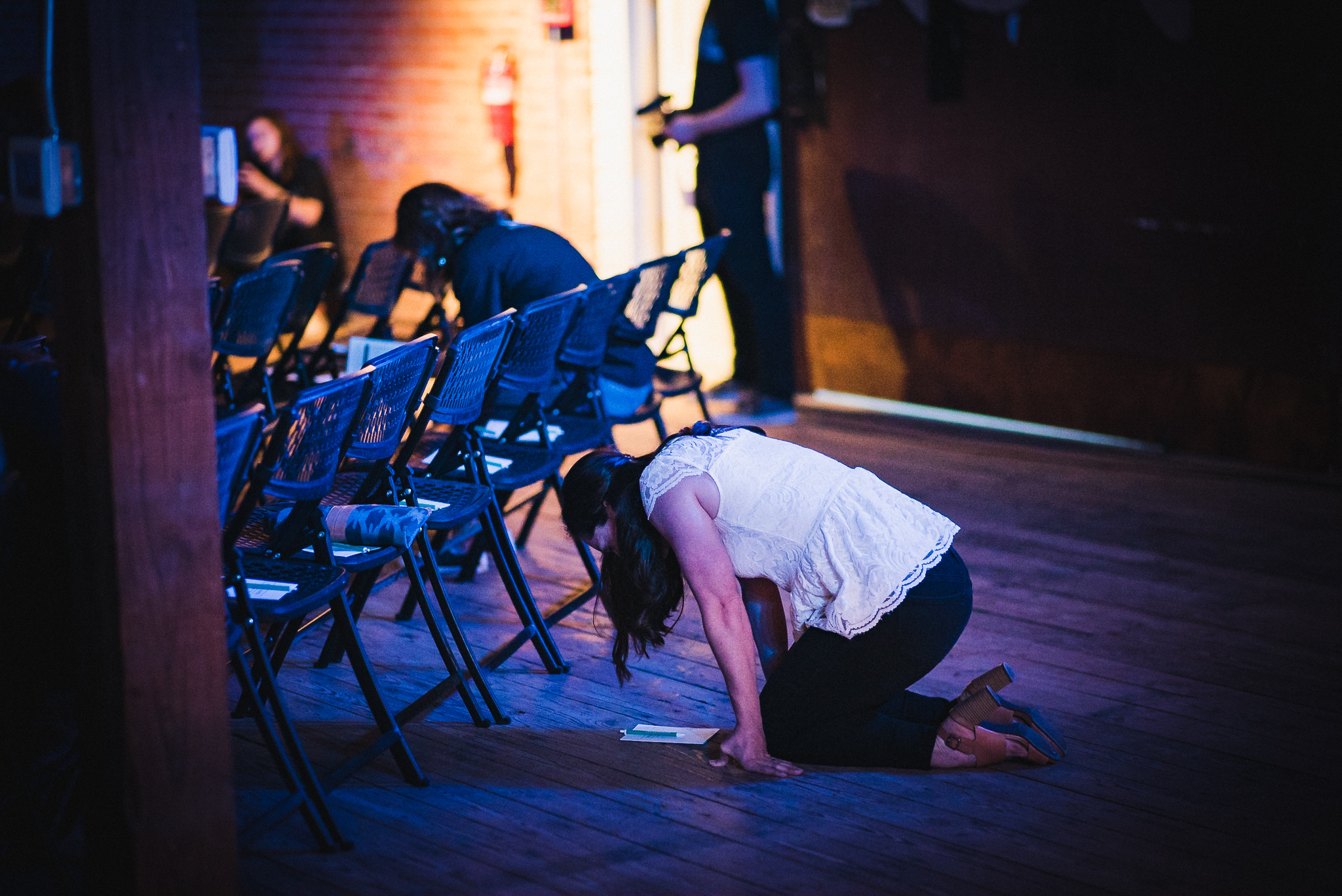I work at a church and, honestly, I often doubt the power and usefulness of prayer. I think if you’re honest, sometimes you do too.
Recently I was reading in Mark 11 and came across verse 23: “Truly, I say to you, whoever says to this mountain, ‘Be taken up and thrown into the sea,’ and does not doubt in his heart, but believes that what he says will come to pass, it will be done for him.” My immediate response to my Savior in my heart was “yeah, right.” Have you ever felt that way?
As an artist serving my local church, there have been many times where I’ve prayed and asked God to move in power in my congregation; I’ve prayed for him to soften the heart of someone in leadership who I disagree with… and it doesn’t happen. So, what gives? Do I not have enough “faith?”
I was very encouraged by a sermon that Charles Spurgeon gave on the power of prayer. I want to share three principles that I gleaned from it, and I hope that it will encourage you to continue to pray, even when you doubt the power and usefulness of prayer.
When you pray, have an earnest desire.
I think it’s very hurtful to accuse people of “not having enough faith” or “not praying hard enough,” but, I do think there is validity in assessing the desire of your heart when praying. Spurgeon puts it better than I could: “Oh, those cold-hearted prayers that die upon the lips—those frozen supplications; they do not move men’s hearts, how should they move God’s heart?” His point is this: if the things you are praying for aren’t stirring your emotions and aren’t igniting a passion in you, are you actually praying with faith? Now, God is sovereign, and can certainly answer prayers in spite of us, but it is healthy to consider the posture of your own heart.
When you pray, go to God intentionally with a plan.
Listen creatives, I get it, maybe you’re spontaneous and structure scares you. Fair enough. But the fact is, you always plan things in your life whether you realize it or not. In his sermon, Spurgeon poses the comparative example of visiting the Queen of England. If one came into her court and was asked “what do you wish to see the Queen for?”… one would be expected to have an answer for going into the presence of royalty. How much more should the children of God have an answer? Even if the answer is to simply spend time with our Beloved King.
When you pray, leave expectant.
This is the most difficult for me. Sometimes I fear this principle because I fear getting my hopes up and being let down. When I pray and God doesn’t answer the way I want, it is easy to believe the lie that He doesn’t hear me or doesn’t care. Spurgeon encourages us with these words: “…[The Christian] is acting upon a rule at which the world always must scoff, because he does not understand it… not upon common sense, but upon something higher than common sense—upon uncommon faith.” “Common sense” can be one of the biggest prayer killers. My encouragement to you is to let uncommon faith rise above concerns of logic, and maybe that is where we should begin together—praying for “uncommon faith.”
Father, I pray that an uncommon faith would rise above our skepticism. I pray that you would create an earnest desire in the hearts of your people to pray to you. Help us think critically about what to pray for, and help us leave prayer believing that you hear, you love us, and that you will answer in accordance with your will.
In Christ,
Amen.

